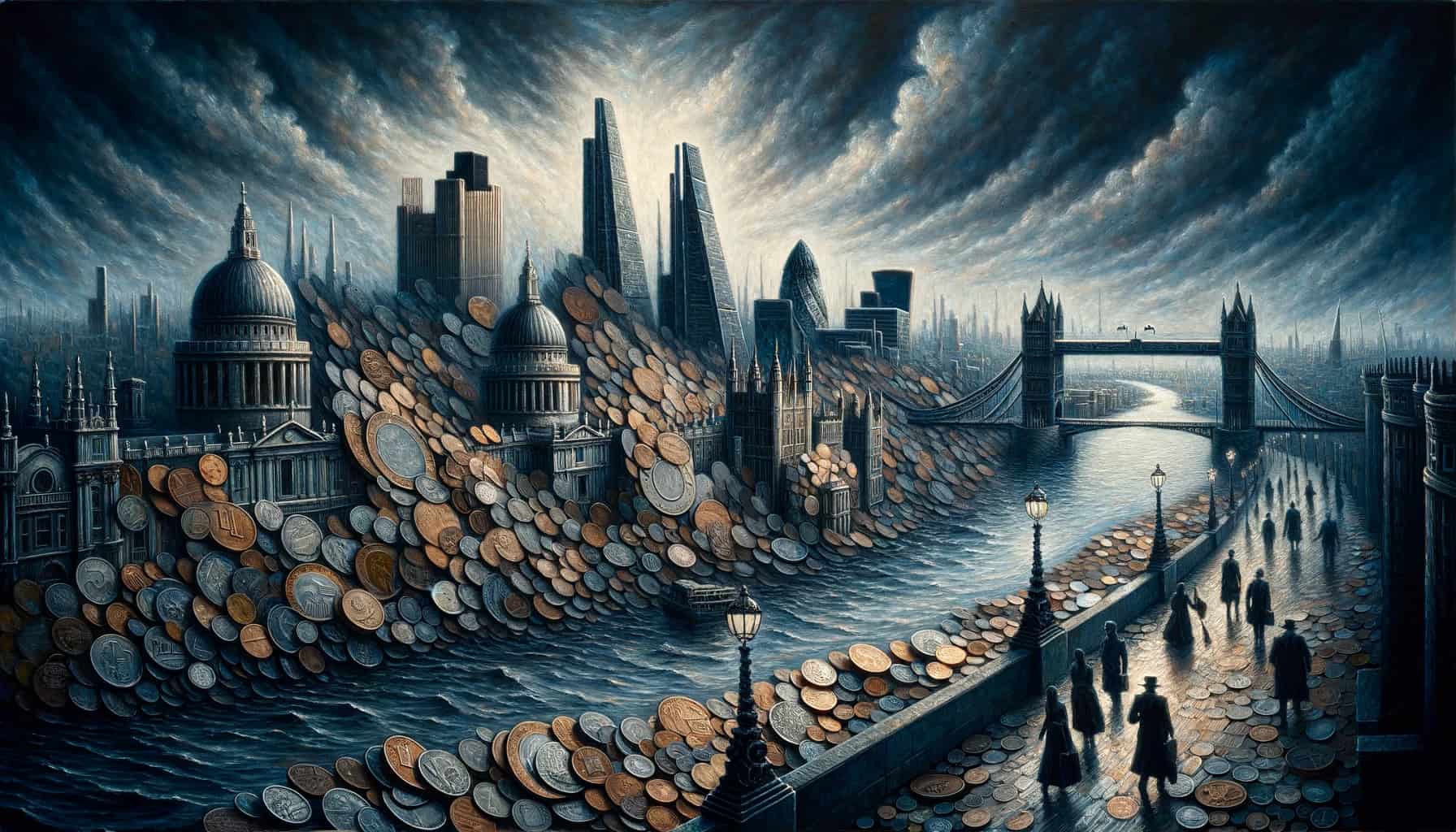Mar 4, 2022
Simon Kuper (Financial Times)°:
French economist Gabriel Zucman estimated in 2014 that 52 per cent of Russian wealth was held offshore — surely the largest-ever exportation of elite money.
Kleptocrats appreciate Britain’s rule of law as long as it leaves them alone. The kleptocratic cycle is “steal, hide, spend”… Local beneficiaries range from accountants to sex workers, bankers to dog walkers, and bodyguards to universities.
Britain’s ruling party swims in Russian money°. Lubov Chernukhin, whose husband was a minister under Putin, has given the Conservatives more than £2.1mn° since becoming a British citizen. In 2014, she paid £160,000 to play tennis° with London’s then mayor, Boris Johnson.
London’s enablers use many self-justifications, some of them true. Everybody does it. Russian money boosts London’s economy. If it didn’t come here, it would go elsewhere. Enablers see themselves as skilled, non-ideological technicians, almost like dentists: a London lawyer friend boasted to me about the complexity of the tax shelters she designed.
This “discretion” is a marker of enabler language, writes American anthropologist Samuel Weeks. Enablers protect their clients’ “privacy”, say “international” instead of “tax haven”, and use modern diversity language to suggest that anyone who questions Russian money is racist.
“Russians accused of corruption or links to the Kremlin” have bought £1.5bn worth of British property just since 2016, reports Transparency International°, while admitting that this estimate is “the tip of the iceberg” since many purchasers use shell companies.
In the first two-and-a-half years of Johnson’s premiership, the UK issued precisely zero Unexplained Wealth Orders° to investigate the origins of suspicious funds. Now, hurriedly drawn-up rules will catch more of Putin’s friends.
I hadn’t heard of an ‘Unexplained Wealth Order’ before.
Essentially it allows law enforcement to say to a judge ’look, we have no hard evidence of any criminal activity or money laundering. But, on the balance of probability this person is a dirty crook and their money is equally dirty.’ And it then allows the confiscation of property if the person can’t prove that their money is clean.
I don’t like the sound of any of that, as it puts the burden of proof on the accused rather than the government. And the law could quite easily be abused by a dictatorial regime.
However, it looks like it was implemented in 2018 in direct response to the accusation that the UK is a ‘hub for dirty money’. And it isn’t really intended for ’normal people’, like the many construction workers in the UK who don’t declare their income to the tax office and then use their money to buy house after house and become a land baron (a separate issue – though one that effects me directly more than Russia money in London).
And it hasn’t really used been used anyway:
having only been obtained nine times relating to four cases as of February 2022. None have been obtained since the end of 2019. Source°.
Only four cases in 2018 and none since 2019. I expect there to be quite a few more than that in 2022. And right now I’m sure that the British government is mighty glad that this law exists. Russian oligarchs holed up in their Chelsea flats? Probably less so.
